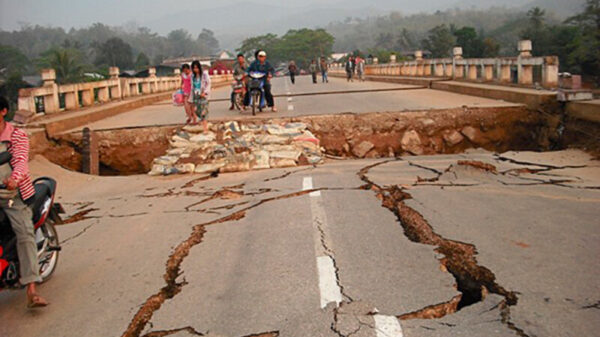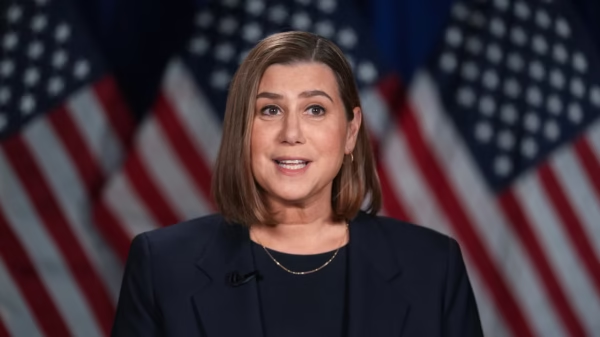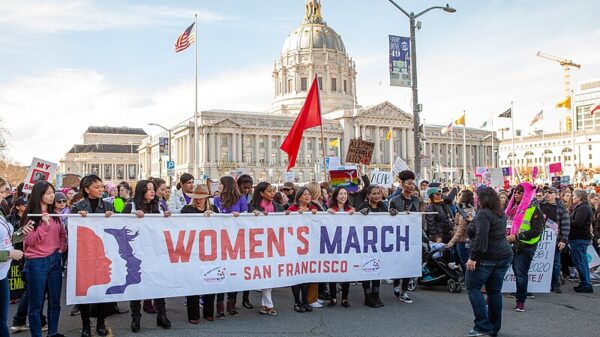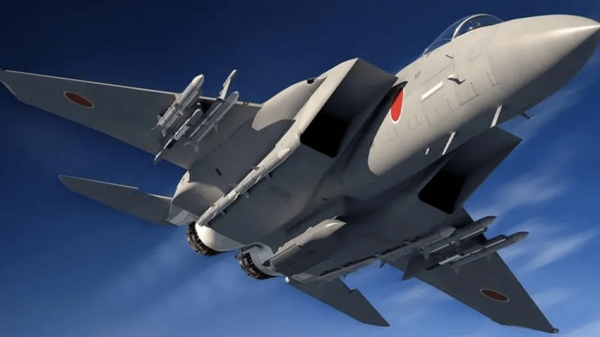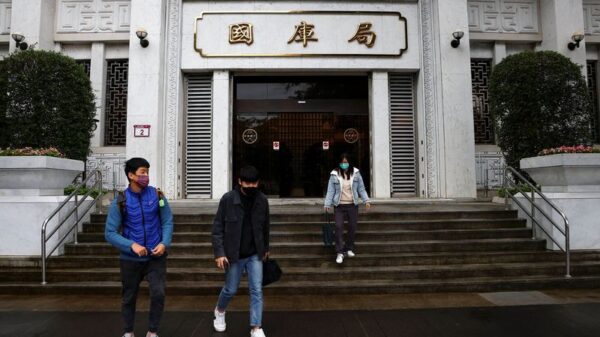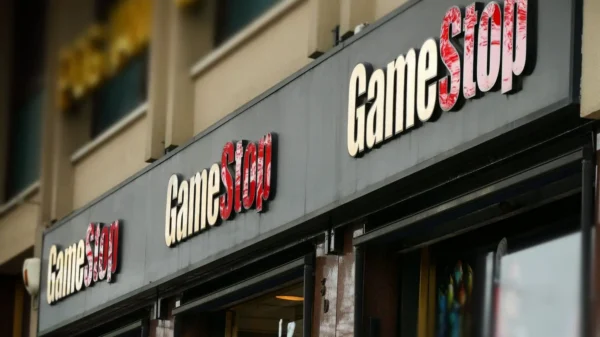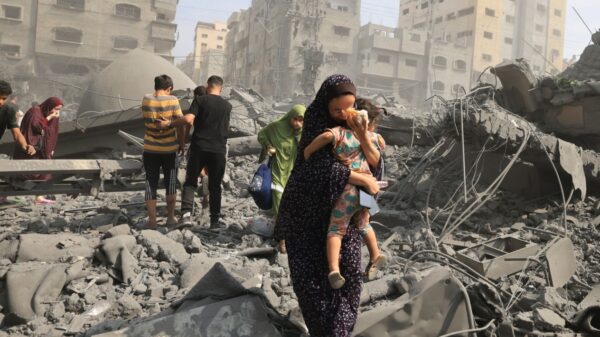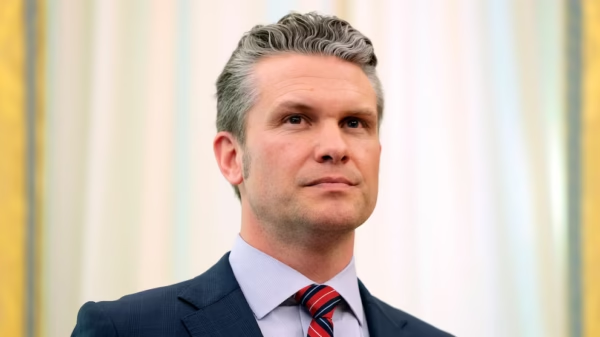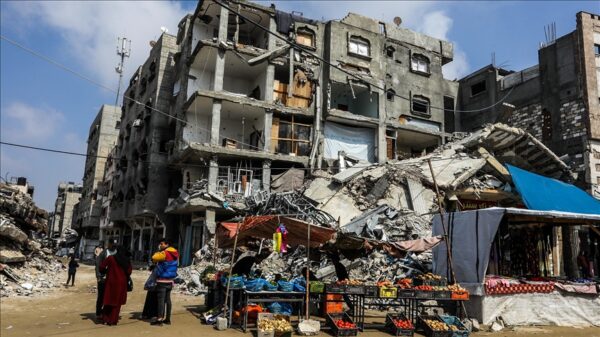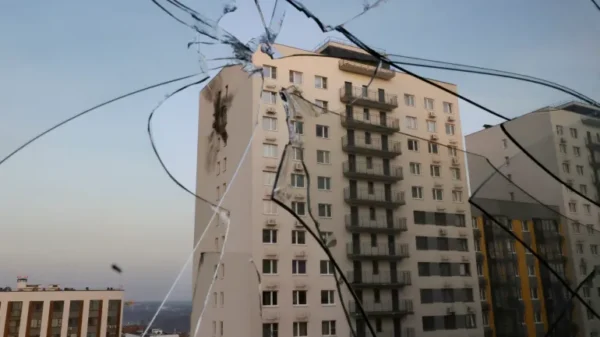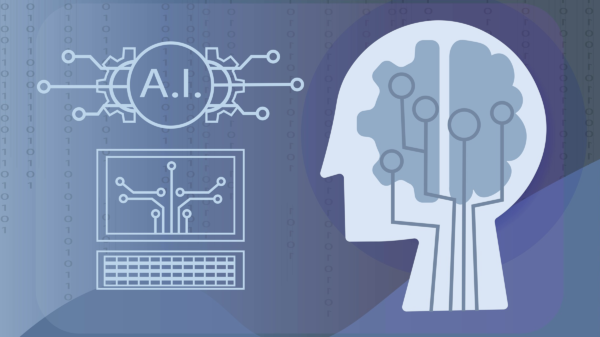The Democratic Republic of the Congo Faces Ongoing Crisis
The Democratic Republic of the Congo (DRC) is grappling with a complex and escalating crisis marked by violence, political instability, economic hardship, and environmental challenges. These issues have left millions of people in desperate situations, drawing heightened international concern as the humanitarian needs continue to grow. The DRC’s struggles reflect the compounded impact of longstanding internal conflicts and external pressures, creating one of the most severe crises in the world today.
Escalating Violence Displaces Millions
Ongoing violence in the DRC is a major driver of instability, with armed conflicts displacing millions of people across the country. Numerous armed groups vie for control of resource-rich areas, frequently clashing with government forces and each other. This has led to countless civilian casualties, as well as human rights abuses, including forced recruitment, sexual violence, and kidnappings. The violence has left entire communities traumatized and in need of urgent support, yet many remain in remote, hard-to-reach areas, complicating aid efforts.
Political Instability Worsens the Crisis
The DRC’s political landscape is marred by corruption, weak governance, and political turmoil, further exacerbating the crisis. Political power struggles and contested elections have diminished trust in the government’s ability to provide security and basic services. This lack of stable leadership makes it difficult to address the root causes of conflict or implement policies that could foster long-term peace and stability. The absence of a strong and united government response leaves citizens vulnerable and hampers coordinated efforts to deliver humanitarian aid effectively.
Economic Hardship Amid Rich Resources
Paradoxically, the DRC is one of the most resource-rich countries in the world, yet its people suffer from extreme poverty and economic hardship. The exploitation of natural resources such as gold, cobalt, and diamonds often fuels violence rather than economic growth, as armed groups control much of the mining industry. Poor infrastructure, unemployment, and lack of access to financial resources keep communities trapped in poverty. The revenue generated from natural resources seldom reaches the general population, instead benefiting a small elite and foreign corporations, perpetuating inequality and underdevelopment.
Climate Challenges Add to Humanitarian Strain
In addition to violence and economic challenges, the DRC is increasingly vulnerable to climate-related issues. Erratic weather patterns, intensified by climate change, have led to frequent floods, landslides, and droughts, particularly in areas already struggling with food insecurity. The impact of these climate events has been devastating, disrupting agricultural production and further reducing food availability. Malnutrition rates are high, especially among children, as communities face both environmental and economic barriers to securing stable food sources.
International Community Urged to Take Action
The severity of the humanitarian situation in the DRC has drawn international concern, with the United Nations and NGOs calling for increased aid and attention to the crisis. Humanitarian agencies face significant challenges in delivering aid due to security risks and limited resources. The UN has appealed for additional funding and logistical support to address immediate needs, such as food, shelter, and medical care. However, experts stress that long-term solutions are needed to break the cycle of violence, poverty, and instability affecting millions of Congolese people.
Conclusion: The Need for Comprehensive Solutions
The crisis in the Democratic Republic of the Congo is a multi-dimensional challenge that requires coordinated international action. Addressing violence, improving governance, building economic resilience, and adapting to climate impacts are all crucial steps toward stabilizing the country. Without sustained effort from both the DRC government and the international community, the humanitarian situation is likely to worsen, with lasting consequences for millions. The DRC’s struggle highlights the urgent need for a comprehensive approach to global crises, ensuring that people in conflict-ridden regions can live with dignity and security.


